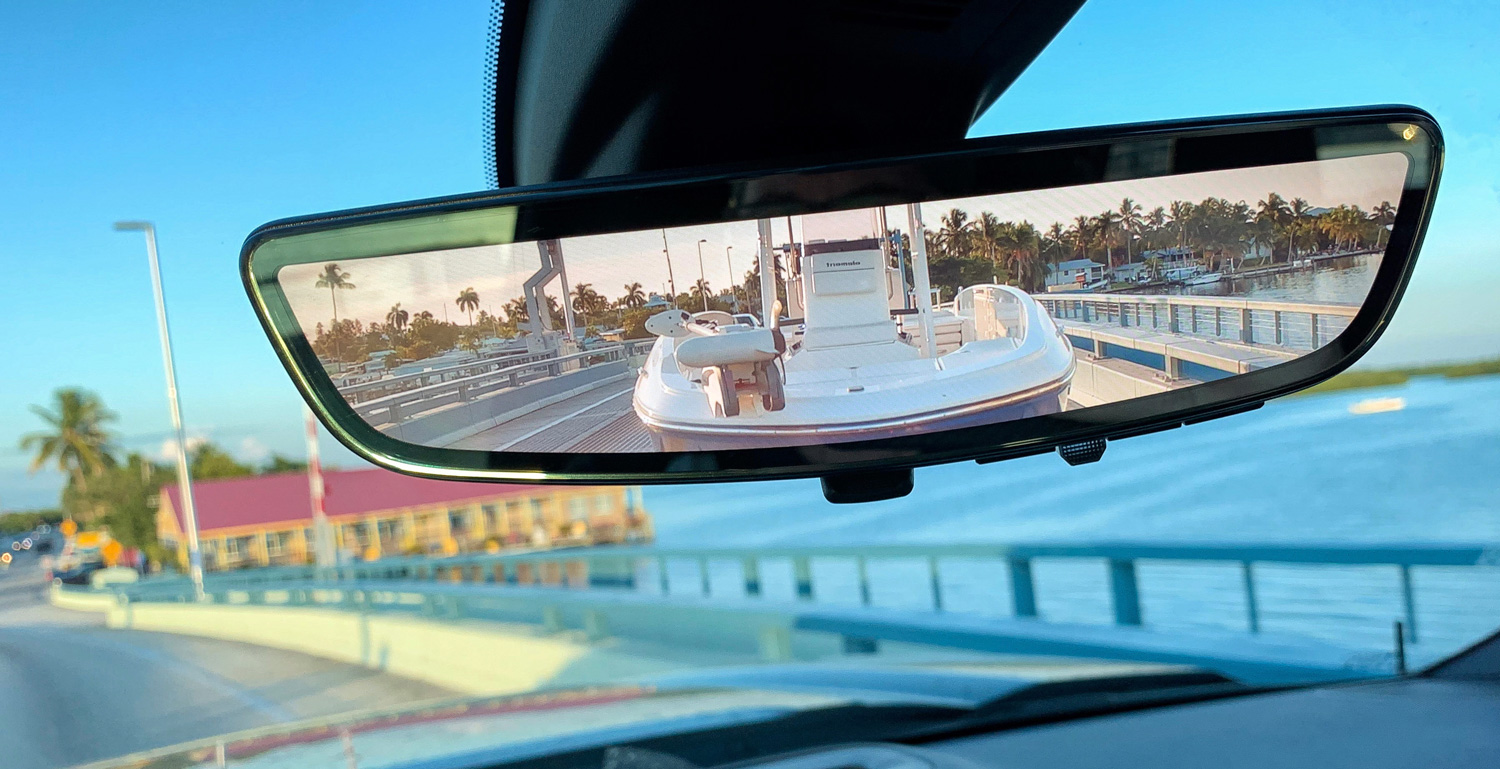Although Southwest Florida is known for its miles of waterfront property and easy boating access, many of our area’s boaters load up and head for the water with trailers in tow.
And what begins as a hopeful day of fun on the water can quickly end before it gets started if you don’t keep some basic trailering rules in mind. Below are a few pitfalls to be aware of and ensure getting to the fun goes smoothly.

- Not Checking Brake Lights
Always check the electrical connector to ensure your brake lights, taillights, and turn signals are all working. While you use the turn signals and tap on the breaks, a second person behind the boat is a great way to ensure they’re working. Trailer lights can go out easily, so keep an extra bulb or two in your truck just in case. Keeping the electrical wires at the correct length will prevent them from dragging on the ground or disconnecting during turns. - Forgetting You’re Followed
In the excitement of getting to the water or juggling the details with your coming day, it can be easy to forget you have a boat behind you. Braking, accelerating, turning, and especially backing up require much more attention. Do not rely on other drivers to notice you have a trailer in tow. Be aware of what’s around you and whether you need extra room on the roadways. Don’t feel pressured to move quickly; it’s always better to take your time than to risk an accident. - Ignoring Towing Specs
Before you head for the water, it’s critical to ensure your vehicle is rated to tow whatever boat and trailer you are hooking to. Don’t forget that it isn’t just about how much your boat weighs; it also includes how much gear and fuel you have inside the boat. Even if you’ve confirmed towing capacity, always keep an eye on your trailer tire pressure, vehicle tire pressure, and vehicle temperature gauge. - Not Lubricating Components
As with your tow vehicle, preventative measures with your trailer will go a long way to avoiding problems down the road. Be sure your wheel bearings and any moving parts on the trailer are adequately greased, and use marine-grade lubricants as they are resistant to mixing with water and last longer. - Using the Wrong Size Hitch Ball
Standard towing hitch balls come in 1 7/8”, 2” and 2 5/16” and in different weight ratings. Using the incorrect hitch ball is an avoidable mistake because the tongue or trailer should have the ball size requirement stamped on it. Something you might have to measure on your own is the shank length and diameter. Once you determine the diameter of the mounting hole in the ball mount, choose a ball shank diameter of the same size. Make sure the shank can extend past the nut by at least one thread. - Failing to Secure Gear
Life jackets, seat cushions, fishing gear, and trash are all likely candidates to fly out of your boat when you’re running down the road! Losing these items is not just an inconvenience but could be a hazard to other drivers. Take advantage of your boat’s stowage spaces and secure anything that might take off while you’re trailering. One of the biggest pet peeves of experienced boaters is people who hold up the boat ramp while they reorganize or unload their boat, so please tow your boat off the ramp and into the parking lot to do so.
At some point or another, we’ve all been the towing newbie, so the best advice we can give is to stay patient and pay attention. After all, we’re all there for the same reason—to go boating!
If you’re in the market for a new boat or trailer, head to our Boater’s Directory to find a dealer near you.
